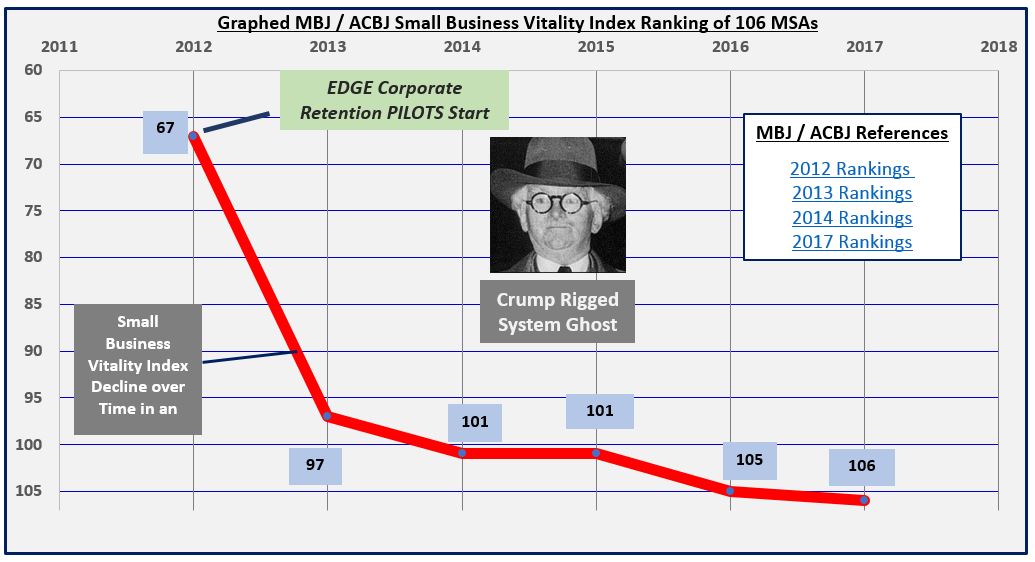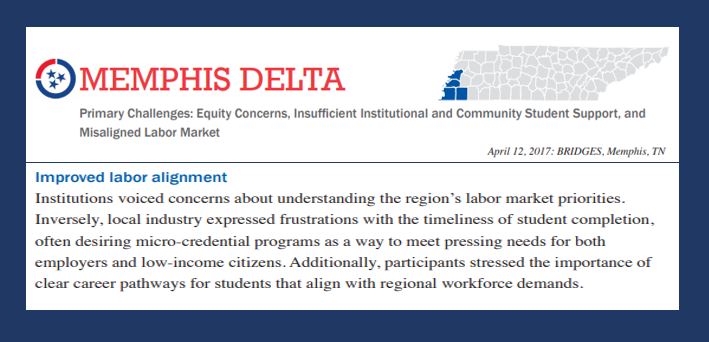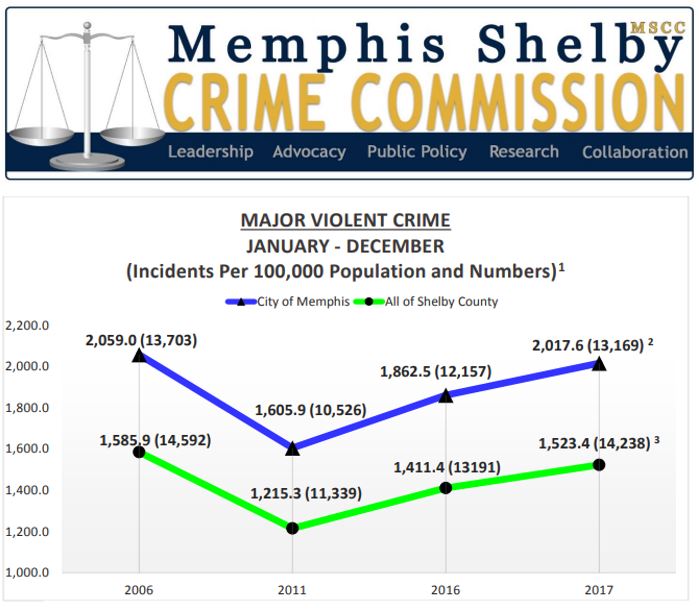Where is civic leadership when needed ? Not in Memphis. Outside of rhetorical talking points, needed advocacy and action is missing from Memphis Corporate Community Leadership (MCCL) or their players on core issues of democracy, connected workforce development, small business development and public transit. MCCL consists of Memphis Tomorrow, Greater Memphis Chamber and the Economic Development Growth Engine (EDGE).
The big idea of this blog is that if public officials are interested in evolving the community, they should listen to corporate elites only sparingly. Focus on good policy for the community benefit and not philanthropic dog bones, statue removal or public-private partnerships at the cost of more important work. The corporate elite are paid to serve their shareholders and customers; not the community. So, they should not be viewed as economist or community developers but only as invested community stakeholders. This article will discuss the following:
- Examples of Corporate Elitism
- Local Challenges
- FedEx / Workforce Development / Tax Policy
Corporate Elite
Unfortunately, when business leaders present themselves or are viewed as objective economic / community developers efforts suffer. Most often, corporate advocacy consists of request of government funding based on the premise that corporate leadership can more efficiently allocate capital for the common good. But this has not been the case in Memphis.
Some of the players of the MCCL consist of Fred Smith, Pitt Hyde, Richard Smith, Carolyn Hardy, Spence Wilson, Jr., Jack Moore, Johnny Moore and Duncan Williams. Do you remember any of these civic organizations or players of late speak out or write about current challenges that would have forwarded democratic principles by allowing people to vote for their City Council representative replacement, expedite the appointment for the open District 1 City Council seat or propose thoughtful solutions to disconnected workforce development efforts or public transit funding solutions ?
Like other cities, organizations of the social elite wield considerable influence and when properly used can propel a city forward. But public advocacy from the Memphis elite for issues that matter for the overall good just has not occurred. Instead, the corporate elite consistently get their way on things that matter only to the select few in for example corporate/real estate tax abatements as the city devolves in aspects that matter to the common good in for example public transit, workforce and small business development. Given local concerns of small business vitality, does anyone remember even an ad campaign to support transacting with small business ?
Its not even clear that the MCCL strongly supports democracy given their lack of voice for allowing voters to elect their City Council replacements or subsequently, voice for expeditious District 1 appointment to give citizenry representation. Lack of voice on so many issues that matter to the common good give rise to suspicions of elitism of the corporate elite as their needs for example in PILOTS and TIFS are prioritized. What is clear, is that the corporate elite of Memphis want your federal, state and local tax dollars. Here is the problem as stated by former conservative Federal Reserve Chairman Paul Volcker and given the outcomes, is more so in Memphis:
“We’ve got an enormous number of enormously rich people that have convinced themselves that they’re rich because they’re smart and constructive. And they don’t like government, and they don’t like to pay taxes.” And then said, “Everybody talks about monetary policy but the lesson of all this is we need better, stronger supervisory powers.”
In other words, the corporate elite need stronger oversight by the people and their elected officials for their own and community good.
Elitism
Unlike being a corporate elite, elitism is the practice that the elite knows what is best for all. But the outcome data for Memphis shows that is not the case as elitism reigns supreme at the cost of the overall community with unfilled council seats, disconnected workforce development, challenged small business vitality, below peer average total wage growth and inadequate public transit. The former occurs as corporate/real estate tax abatements for the few have thrived. The above has occurred under the control of the Memphis Corporate Community Leadership complex. Here are some specific examples of elitism at work at significant cost to Memphis/Shelby taxpayers:
As the education czar of Memphis Tomorrow, Joseph Reeves “Pitt” Hyde III, while enabled by FedEx, chose not to intervene or have a sense of urgency in addressing disconnected workforce development efforts. This inaction left educators and some 60,000 learners under-served at an estimated $15M in recurring Memphis/Shelby revenue shortfalls. FedEx will be discussed later.
Memphis Chamber of Commerce lack of public policy position on funding adequate transit thus placing less priority on it for overall economic development and those in need following the release of the transit study two years ago.
Jack Moore’s decision not to hold regular EDGE / Greater Memphis Alliance for Competitive Workforce (GMACW) to support connected workforce development efforts as he met every month with the Economic Development Growth Engine (EDGE) to administer corporate/real estate tax abatements
Lack of statement from Memphis Tomorrow or Chamber to advocate for the election of vacating Council seats or expeditious appointment of seats to afford citizens of representation
Spence Wilson, Jr’s implication that citizens must “EARN” their right to question performance of taxpayer funded initiatives under the control of the Memphis Tomorrow / Chamber Corporate Community Leadership complex.
Chamber / Richard Smith’s request for government pension fund proceeds to be invested in the small business Epicenter nonprofit without any corporate percentage matching pension fund commitments while the Epicenter lacks any published outcome data or the support of a local ad campaign to promote the idea of increasing local small business transactions by the corporate establishment.
The Greater Memphis Chamber dismissing membership and renewal rights without cause.
The EDGE Board’s persistent use of incomplete bogus accounting to support excessive retention payment-in-lieu of taxes (PILOT) program for existing companies.
Such deficient corporate community leadership practices are estimated to cost taxpayers $124M in recurring annual Memphis Shelby revenue shortfalls. The above resembles a closed rigged Crump like economic system of the 1940s and supports a $1.5 billion one time upfront ask of the Memphis Tomorrow complex to make up the recurring Memphis/Shelby taxpayer revenue shortfall.
So What About FedEx ?
Fred Smith is arguably the greatest CEO on the planet having been one of the few primary architects of the global economy through the founding of FedEx. But he is paid to serve global customers and maximize shareholder value; not to build community economic prosperity. His view of the economic and community development is through the lens of a CEO and not an economist or community developer.
If public officials listen to CEOs too much, it puts at risk the societal foundation on which businesses thrive. Memphis public officials, apparently starstruck, listen too much to the corporate elite as evidenced by misplaced economic development priorities.
In a recent interview, in response to questions regarding many left behind by global trade, Smith said “Equip them [people] with the tools needed to land in-demand jobs”. Representing shareholders, this answer makes sense for FedEx shareholders and their communities. And FedEx has responded with progressive employee benefit programs to fuel their talent pipeline development needs in paid college degree programming at the University of Memphis. This programming is scaling throughout the country through a high quality online offering.
But other FedEx career pathways efforts have fallen flat in support of connected workforce development efforts while local small business offers to address disconnected efforts have been obstructed and directed to remote providers. In fact, Richard Smith of FedEx and the Greater Memphis Chamber just recently took the proposed approach of a local small business and transferred it to the Talent Pipeline Management offering in Washington DC thereby thwarting Memphis small business.
This thwart follows another miss by FedEx in concert with Memphis Tomorrow and Pitt Hyde that left the community behind with disconnected workforce development and 60,000 under-served learners. The miss awarded a contract to a Canadian company that lacked a track record of United States experience and could not effectively deliver for taxpayers. The Canadian contract award was conducted in concert with the Federal TechHire program that was to reduce the number of foreign technology workers while boosting domestic employment in technology fields.
This makes the Canadian contract award especially strange while bypassing proven US domestic providers that could have expedited connected workforce development efforts over the last 4 years for a Memphis community that has been left behind. In fact, in reviewing the FedEx Career Pathways brochure, the only local Memphis outcome, in the home of FedEx, is the relatively small Memphis Challenge program as disconnected workforce development conditions persist in a Memphis community left behind.
On federal tax matters, the highly effective Fred Smith representing shareholders, successfully advocated for federal corporate tax cuts. In addition to current concerns regarding foreign trade and corresponding FedEx cutbacks, Smith must know that with rising debt levels, the United States taxpayer is tapped out under corporate rule.
In fact, the just released report to the Governor regarding the 2019 State of Tennessee Economic Outlook, states under corporate tax cuts, “deficits will raise interest rates, the volume of the dollar and contribute to large international trade deficits, all of which will weaken growth.”
All of this to say, CEOs are equipped to be stakeholders in economic and community development endeavors but given their responsibilities to shareholders, in most cases, they lack the objectivity to be effective economic and community developers. In fact their rosy “trickle down” policies are taking a toll on the society with widening income inequality of the type that more effective education will not solve. Please see the New York Times graph of widening annual income increases for the economy’s top earners since 1980. “Trickle down” is a scam.
Conclusion
For whatever reason, on a personal level, my small business pursuits in the area of workforce development in Memphis have been stifled by the Memphis Corporate Community Leadership complex and specifically by the Hydes, Wilsons and Smiths as 60,000 learners have persistently gone under-served with disconnected workforce development efforts.
To public officials, Quit Listening To These Guys So Much !! While they have the power to rig the system, they lack the objectivity to positively evolve the Memphis ecosystem.







